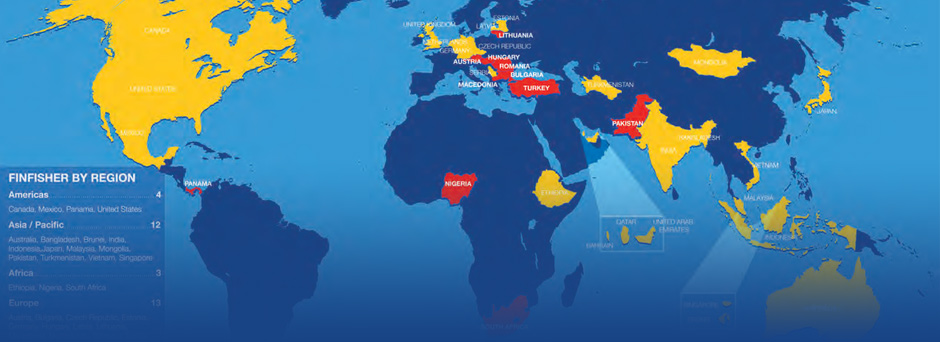The battle for freedom of expression and access to information has moved online, even while it continues offline. Although the pushback against human rights organizations and journalists by repressive governments is well documented, the use of powerful new technologies by some governments to track online activities of journalists and activists in order to stifle their work is just beginning to come to light.
The Citizen Lab, which is based at the Munk School of Global Affairs at the University of Toronto, is an interdisciplinary laboratory that operates at the intersection of human rights, global security, and the digital world. The Lab develops new approaches for researching and documenting information controls – such as network surveillance and censorship – that impact the openness and security of the Internet and that pose threats to human rights.

Through its evidence-based, policy-relevant research, The Citizen Lab helps human rights and other nonprofit organizations monitor the exercise of political power by governments in cyberspace and the human rights abuses that can result. Its research combines technical investigations, such as digital forensics, reverse engineering, and network measurement, with field research, legal policy analysis, and advanced data analysis and visualization to better understand digital information controls.
The power and relevance of The Citizen Lab’s work has been illustrated in groundbreaking reports that exposed monitoring activities and privacy breaches by governments and other entities, including a report exposing Chinese malware, or malicious software, that infiltrated high-profile political, economic, and media organizations in 103 countries.
The Lab’s work is impacting Internet policymaking in countries including the U.S., Canada, and Mexico, and in the European Union. For example, after the Lab published a 2011 report documenting Syria’s use of Internet filtering and surveillance devices made by Silicon Valley-based Blue Coat Systems, the company announced it would no longer “provide support, updates, or other services” to its devices in Syria. The U.S. government subsequently fined a company based in the United Arab Emirates $2.8 million for purchasing Blue Coat products and exporting them to Syria without a license. The Lab also has published reports about the use of European-made surveillance software in countries with poor human rights records such as Turkmenistan, Egypt, and Bahrain. These reports are being used to advance legal and policy inquiries in the United Kingdom about whether export laws were violated.
The Citizen Lab will use its $1 million MacArthur Award for Creative and Effective Institutions to create an endowment and extend its communications and outreach activities.
Grantee Profile: Learn more about The Citizen Lab at the University of Toronto Munk School of Global Affairs







